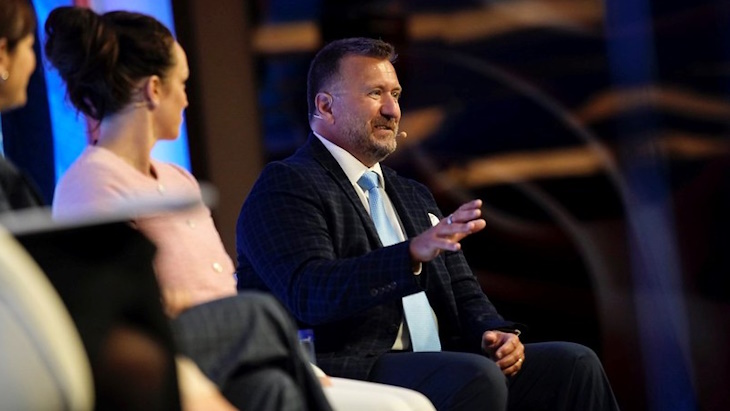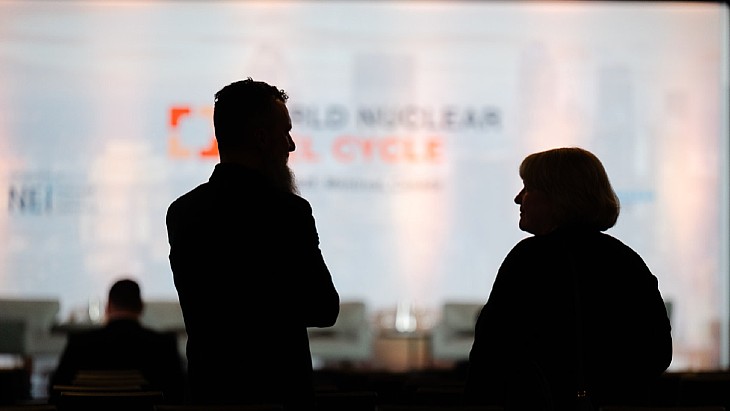Constellation, ComEd in landmark energy-matching deal
.jpg)
The agreement means ComEd will be the first investor-owned utility in the USA to power its facilities with 100% clean energy produced at the same time and place it is consumed, according to Constellation.
"Matching clean energy production to the time and place a customer uses it is the only way we will truly achieve zero carbon emissions across our economy," Constellation President and CEO Joe Dominguez said. "Following this summer of record-shattering weather, it's clear that hourly matching needs to become the standard within our industry for the US to have any reasonable shot at reaching its 2050 climate goals and preventing the worst effects of climate change."
ComEd’s hourly carbon-free energy purchase will match its anticipated electricity use of about 65,000 MWh across its 54 offices and metred facilities, including its corporate and regional headquarters, reporting centres, business offices, training and special use facilities and substations.
ComEd CEO Gil Quiniones said the hourly matching solution provides an important tool to address climate change challenges. "ComEd is committed to doing everything possible to help Illinois achieve its goal of 100% clean energy by 2050, and that includes reducing the use of fossil fuels and lowering carbon emissions at our own facilities in every hour of every day," he added.
According to Constellation, most companies in the USA that wish to pursue net-zero goals do this by buying annual renewable energy certificates (RECs), which match their estimated annual energy use with non-emitting sources - which may be located anywhere in the country, and may not be generating power at the time that the customer is actually consuming it. So the energy being used by a customer with an REC may actually come from a carbon-emitting plant.
In contrast, hourly matching means a customer's electricity needs are met from local carbon-free generation at the time and place it is needed. Constellation has collaborated with Microsoft to develop an advanced software and analytics solution to do this. Microsoft subsequently became the first customer to use the technology, using the system to enable a data centre in Virginia to use nuclear power to complement renewable sources and enabling it to become an almost 100% carbon-free operation.
"We are pleased to see that more companies are choosing hourly matching as part of their sustainability strategy," Adrian Anderson, general manager of renewable and carbon-free energy at Microsoft, said.
Constellation Energy Corporation was launched in January 2022 following the separation of Exelon's utility and competitive energy businesses. It operates the USA's largest fleet of nuclear power plants as well as hydro, wind and solar generation facilities. ComEd, an Exelon company, does not generate electricity but provides electric services to more than 4 million customers across northern Illinois - some 70% of the state's population.
_59102.jpg)
_49833.jpg)
.jpg)







_50521.jpg)

